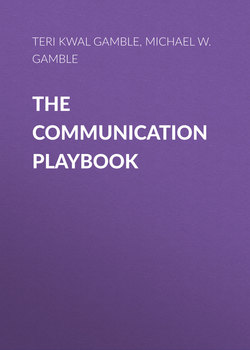Читать книгу The Communication Playbook - Teri Kwal Gamble - Страница 178
На сайте Литреса книга снята с продажи.
Meaning is Dated
ОглавлениеEvery noteworthy event, particularly catastrophes, catapults words into everyday speech and dictionaries. September 11, 2001, was no exception. When the American Dialect Society met to decide the top or newly reconditioned words of the year, “9/11” was voted the expression most likely to last.
Not all words’ meanings persist, however. For example, in the 1940s, if you were well dressed, people might say you looked spiffy. In the 1960s, they might say you looked swell. A few years ago, they might say, “You’re on fleek.” What we used to refer to as awesome now is termed dope.8 Words lose their luster for other reasons too. For example, at Princeton University, the term for the leaders of residential colleges was changed from master to head, at least in part because of the former term’s associations with slavery.9
Words come and go from dictionaries. Now that many Internet-inspired expressions have crossed over into everyday use, the Oxford English Dictionary approved the addition of the following acronyms to its latest edition: OMG (oh, my God!), LOL (laughing out loud), and BFF (best friends forever). Also added was ego-surfing (the practice of searching for your own name on the Internet).10
Skill Builder
A Time Capsule for Words
1 Briefly define each of the following terms:NetHooking upCougarRapColbert BumpSpamMcJobStraightCrack
2 Show the list without definitions to your parents, older relatives, or older friends, and ask them to provide definitions for the words.
3 Compare your meaning for each term with the meanings given by others. Why do you suppose their meanings differed from yours?
4 Pretend it is now the year 2030. On a separate sheet of paper, create a new meaning for each word listed.
Many “old” words acquire vivid new meanings every decade or so. Viruses today are not just germs spread from person to person, but malicious software that can spread instantaneously from one computer to computers globally.11 Consequently, when we use a word that referred to a particular object at a particular time, we should attempt to determine if it still means the same thing now.
